Tensions Rise Across Ontario After Indigenous Teen Fatally Shot by Police During Traffic Stop; Rights Groups Demand Immediate Action and Accountability….See more
Tensions Rise Across Ontario After Indigenous Teen Fatally Shot by Police During Traffic Stop; Rights Groups Demand Immediate Action and Accountability
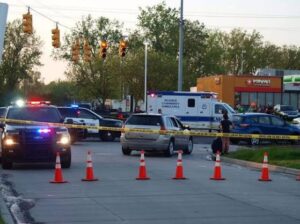
Ontario, Canada — Tensions are mounting across Ontario following the fatal police shooting of a 17-year-old Indigenous youth during what authorities described as a “routine traffic stop” in the city of Thunder Bay late Saturday night. The incident, which quickly drew public attention and condemnation, is being described by Indigenous leaders and human rights organizations as yet another tragic example of systemic racism and excessive force in Canadian policing.
According to the Ontario Provincial Police (OPP), the teen — later identified as Elijah Whitecloud of the Lac Seul First Nation — was pulled over on a residential road around 11:40 p.m. Officers claim the vehicle was flagged for a broken tail light, but details surrounding the interaction remain sparse. Police allege the situation escalated when the teen exited the vehicle and “engaged in behavior perceived as threatening.” Moments later, he was shot by an officer. Emergency medical responders arrived quickly, but Whitecloud was pronounced dead at the scene.
His family and community members are devastated and demanding answers. “Elijah was a quiet, thoughtful boy — a son, a brother, a cousin,” said his aunt, Lisa Whitecloud, speaking at a vigil held in front of Thunder Bay Police Headquarters. “He deserved to live. He deserved to be treated with respect and dignity. Instead, he’s gone — and we still don’t know why.”
The province’s Special Investigations Unit (SIU), which oversees cases involving police-related deaths and injuries, has launched an inquiry into the shooting. In a brief public statement, the SIU confirmed that one officer discharged their firearm and that a weapon was not recovered at the scene.
Nationwide Response and Protest
As news of the shooting spread, protests erupted in multiple cities, including Toronto, Ottawa, and Sudbury, with demonstrators holding signs reading “Justice for Elijah,” “End Police Violence,” and “Indigenous Lives Matter.” Several First Nations leaders have called for an independent public inquiry and an overhaul of policing practices across Ontario.
“This is not an isolated incident,” said Grand Chief Abram Peters of the Nishnawbe Aski Nation. “It is the continuation of a long and painful legacy of colonial violence against our people. The system is broken, and the trust is gone.”
The Assembly of First Nations, Amnesty International Canada, and the Canadian Civil Liberties Association all issued statements condemning the use of lethal force and demanding full transparency from provincial and federal authorities.
Historical Context and Systemic Issues
The incident adds to a long and troubling pattern of deadly interactions between law enforcement and Indigenous Canadians. A 2023 report by Human Rights Watch found that Indigenous peoples in Canada are significantly more likely to be stopped, searched, and subjected to force by police — often with fatal outcomes. The report emphasized the need for culturally competent crisis response teams and non-police alternatives in mental health and youth-related interventions.
Thunder Bay, in particular, has faced years of scrutiny over police racism and the handling of cases involving Indigenous people. A 2018 report by the Ontario Civilian Police Commission found systemic racism within the Thunder Bay Police Service and called for sweeping reforms — many of which remain unimplemented.
Government and Official Responses
Ontario Premier Doug Ford issued a cautious statement, saying, “Our hearts go out to the family of this young man. We support a full investigation by the SIU and will ensure that all facts are brought to light.” Critics, however, argue that statements are not enough.
Federal Minister of Indigenous Services Patty Hajdu, whose riding includes Thunder Bay, said, “This is an urgent matter. I am committed to working with Indigenous leaders to address these repeated tragedies. We must hold people accountable and build systems that protect rather than harm.”
A Community in Mourning
In Lac Seul First Nation and other Indigenous communities, grief has turned into organized action. A candlelight vigil and drum circle were held Sunday night, attended by over 500 people. Elders offered prayers and traditional songs while youth lit candles in Elijah’s memory.
“We are hurting, but we are also rising,” said Elijah’s cousin, Makayla. “This cannot keep happening. We will keep marching, keep speaking, until justice is not just a word, but a reality.”
As the investigation unfolds, community members say their eyes will be on both the SIU’s findings and the broader push for justice and reform — not just for Elijah Whitecloud, but for all Indigenous lives that have been lost under similar circumstances.
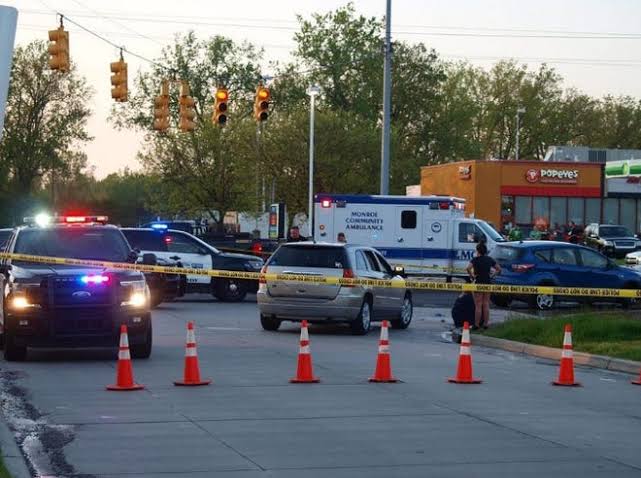
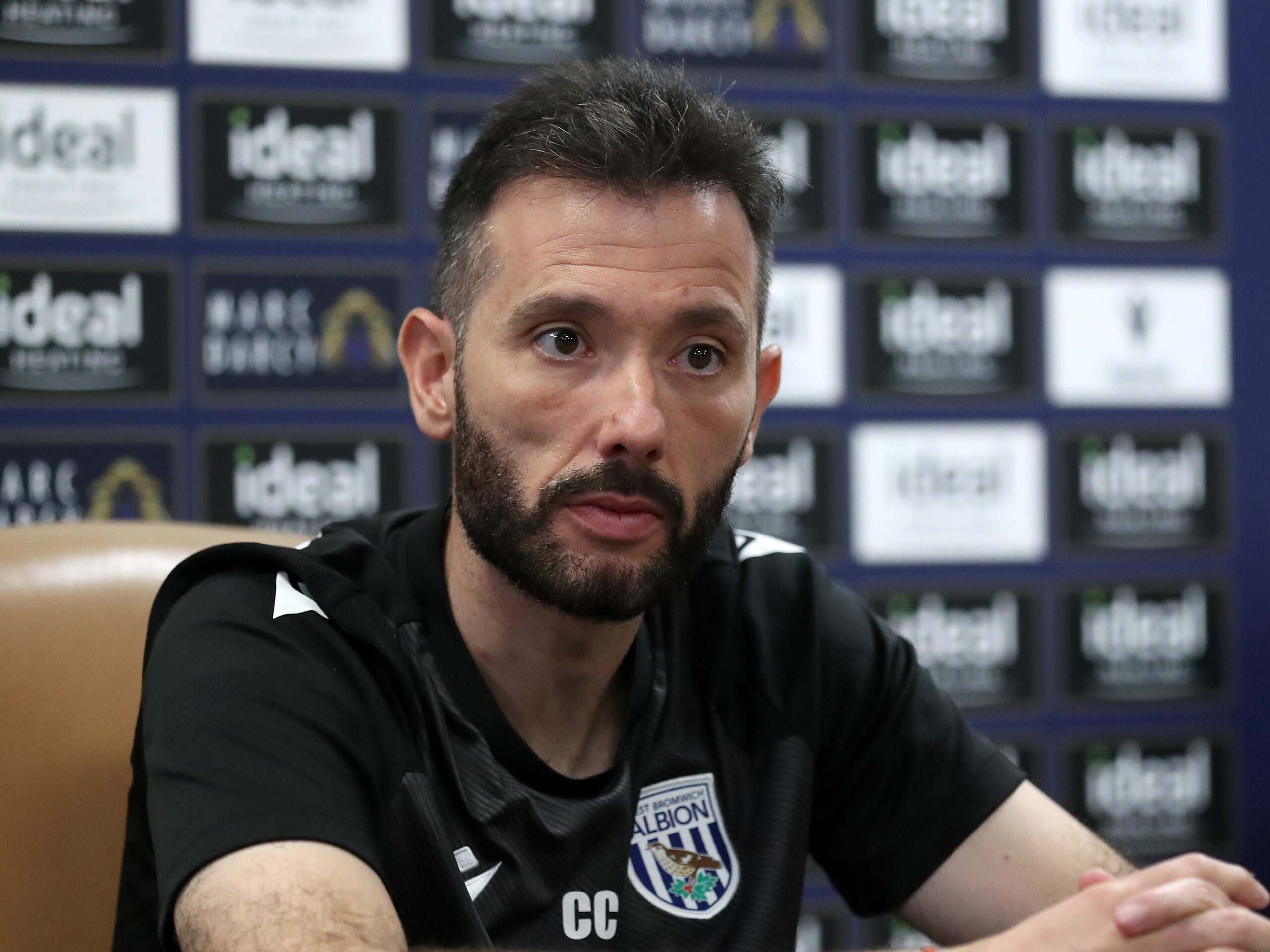


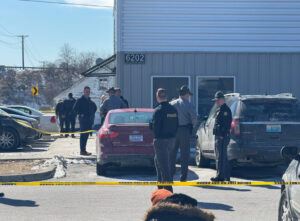

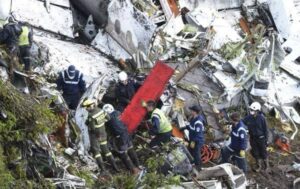
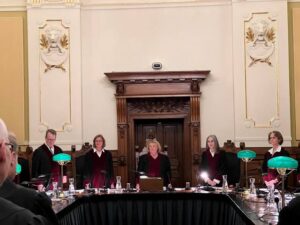





Post Comment